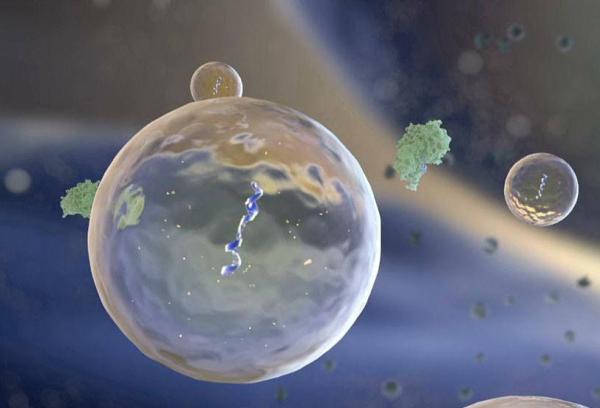Working Out the Chemistry of Exercise Endurance
IRP’s Paul Hwang Discovers How Muscle Cells Gear Up for Training
As the weather warms up in March, which is National Athletic Training Month, many of us come out of hibernation and finally fulfill that new year’s resolution to start exercising. Deep down in our cells, our mitochondria, the tiny power stations that turn oxygen into energy, start getting a workout, too.
IRP senior investigator Paul Hwang, M.D., Ph.D., studies how mitochondria and cellular energy production affect human health and disease, with a particular focus on cardiovascular health and cancer. However, March’s many new fitness enthusiasts might be most interested in a recent finding from his laboratory that seems to explain how muscles build endurance as we train them through exercise. His team’s insights also explain why muscles revert back to couch potato mode so quickly when we stop regular exercise.










